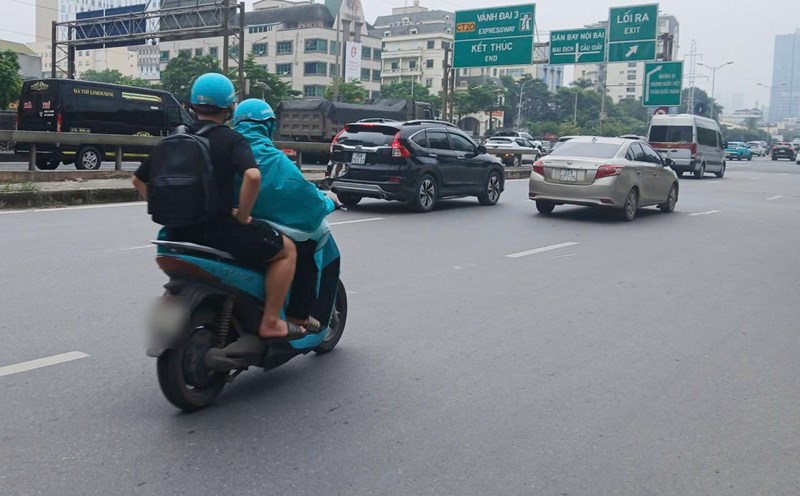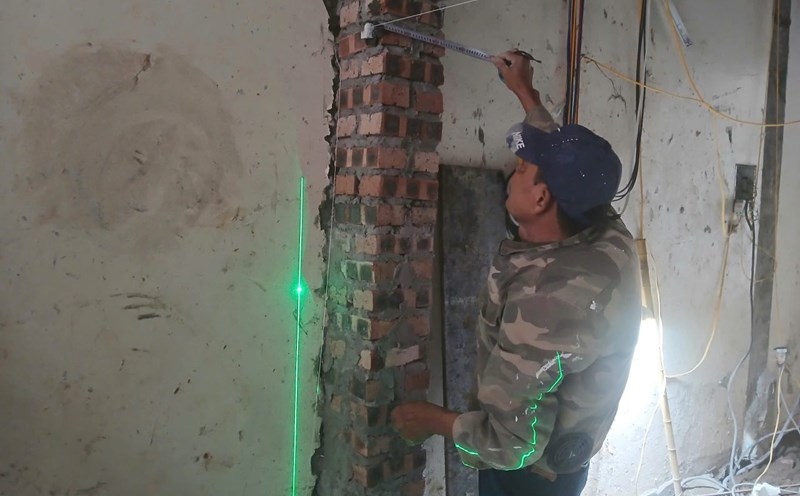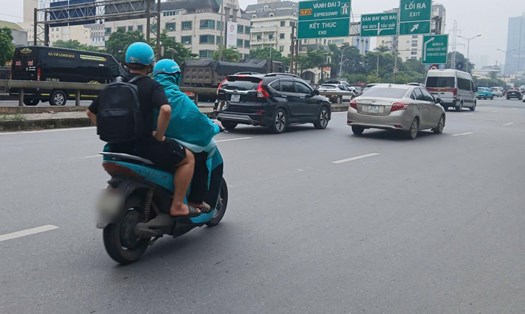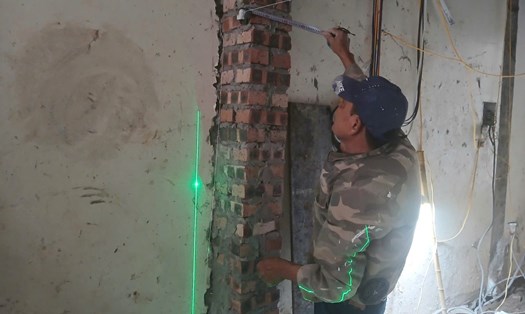>>> Unstable lives of female freelance workers after storms and floods >>> Expanding social security nets for female freelance workers to escape the cycle of poverty
After the storm and flood, many female freelance workers in the northern provinces such as Thai Nguyen, Cao Bang, Lao Cai... fell into poverty. They lost their homes, lost their livelihoods, and had to start over.
From the loss after natural disasters, the story of social security policies for the informal labor group, especially women in freelance work, has been raised more and more - as a support for the less fortunate.
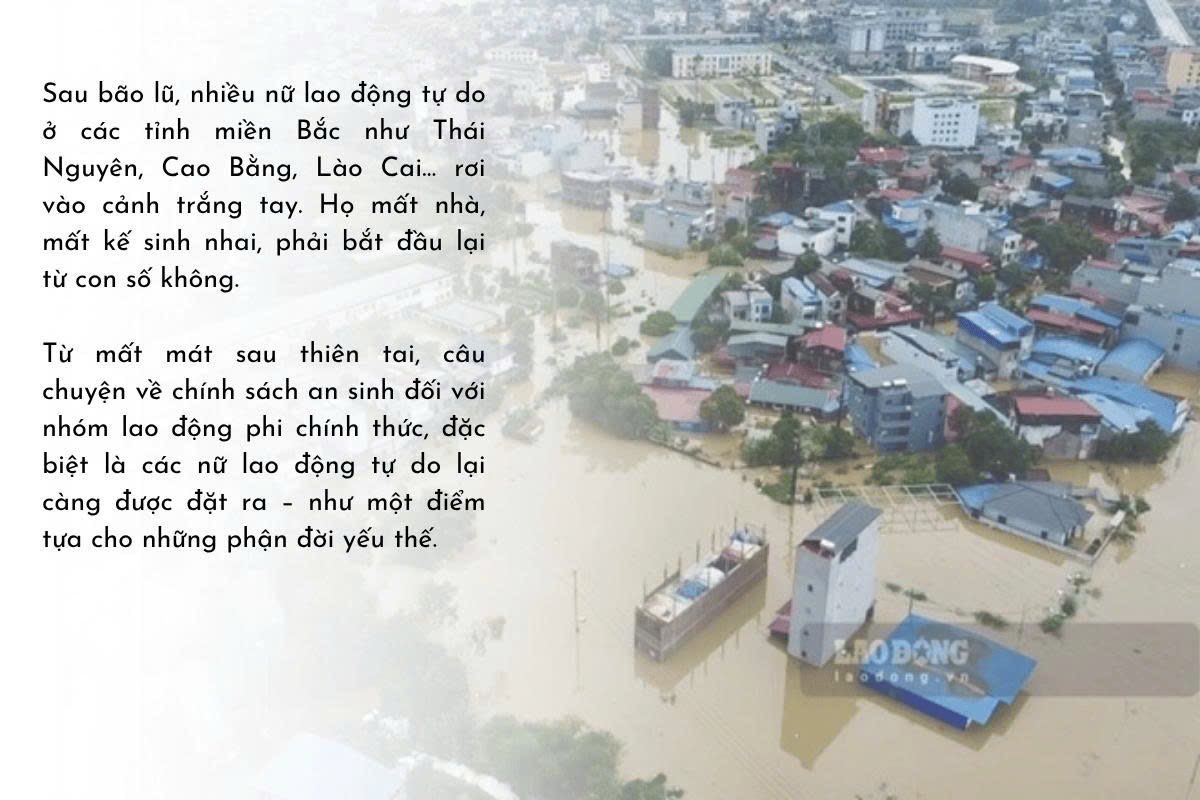
Reporter of Lao Dong Newspaper had an interview with Mr. Ta Van Ha - Deputy Chairman of the National Assembly's Committee on Culture and Society on this content.
Sir, through the recent storms and floods, many women freelance workers have suffered heavy losses, affecting their livelihoods. From a policy perspective, how do you evaluate the level of damage to this labor group?
- Mr. Ta Van Ha: It can be said that the group of women who are self-employed are one of the subjects that suffer great damage when natural disasters and incidents occur. They have to suffer the "powerful" burden of both overcoming the consequences, taking care of their families, and actively restoring and stabilizing their family economy.
The characteristics of freelance workers, including female workers, are those who do not have labor contracts, social insurance, and have little financial savings. When storms and floods hit, everything could be lost overnight - from the roofs of their homes, fields and gardens to means of livelihood, making their lives more crowded and difficult.
Therefore, they are prone to health exhaustion, stress, mental imbalance and psychological damage. Therefore, in social security policies, it is necessary to focus on research to cover this group of subjects, protect the "weak people", which is also the spirit of "leaving no one behind".
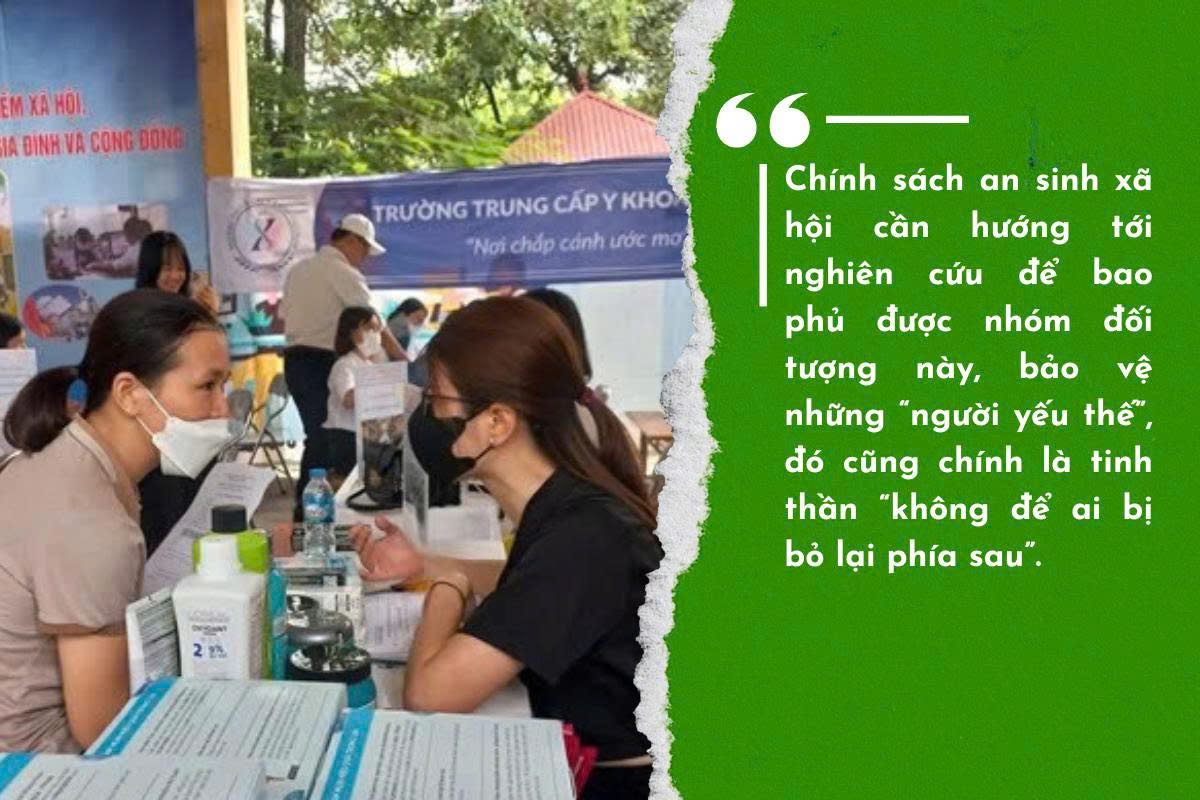
As he said, for the group of freelance workers, including female workers, they face many risks from incidents such as natural disasters and epidemics while the social security policy net cannot be fully covered. What is the cause of this situation, sir?
- Mr. Ta Van Ha: In fact, our labor security system structure is still more towards the formal labor sector, that is, those with contracts and regular social insurance contributions, while the informal sector accounts for more than 60% of the total number of workers.
The characteristics of the informal labor group, freelance workers often have no contracts, no formal labor relations. Most of their jobs are spontaneous, mobile, without business registration and lacking information in labor market data, so it is difficult to identify, count, identify and manage.
In fact, if under normal working conditions, the group of freelance workers do not care or do not participate in insurance policies and support policies, when they encounter an incident, they will face many risks and difficulties.
The 15th National Assembly passed the 2025 Employment Law (amended) at the 9th session. Including regulations on groups of subjects participating in unemployment insurance, with an expanded scale compared to before. Thanks to that, the job security network is also opened on a wider scale. This is also a premise to expand social security for the informal labor group.
This is a big step forward, but for the policy to truly come into life, it is necessary to design a flexible mechanism, suitable for the ability of workers in the informal sector, especially female workers.
If there are policies on "risk sharing", partial support for participation costs, and simplification of procedures and increased communication, it will help workers in this area easily access information and confidently participate.
So unemployment insurance and support and job creation are two basic "backgrounds" to support disadvantaged workers, sir?
- Mr. Ta Van Ha: Unemployment insurance and job creation are the " livelihood leverages" for women and workers in the informal sector.
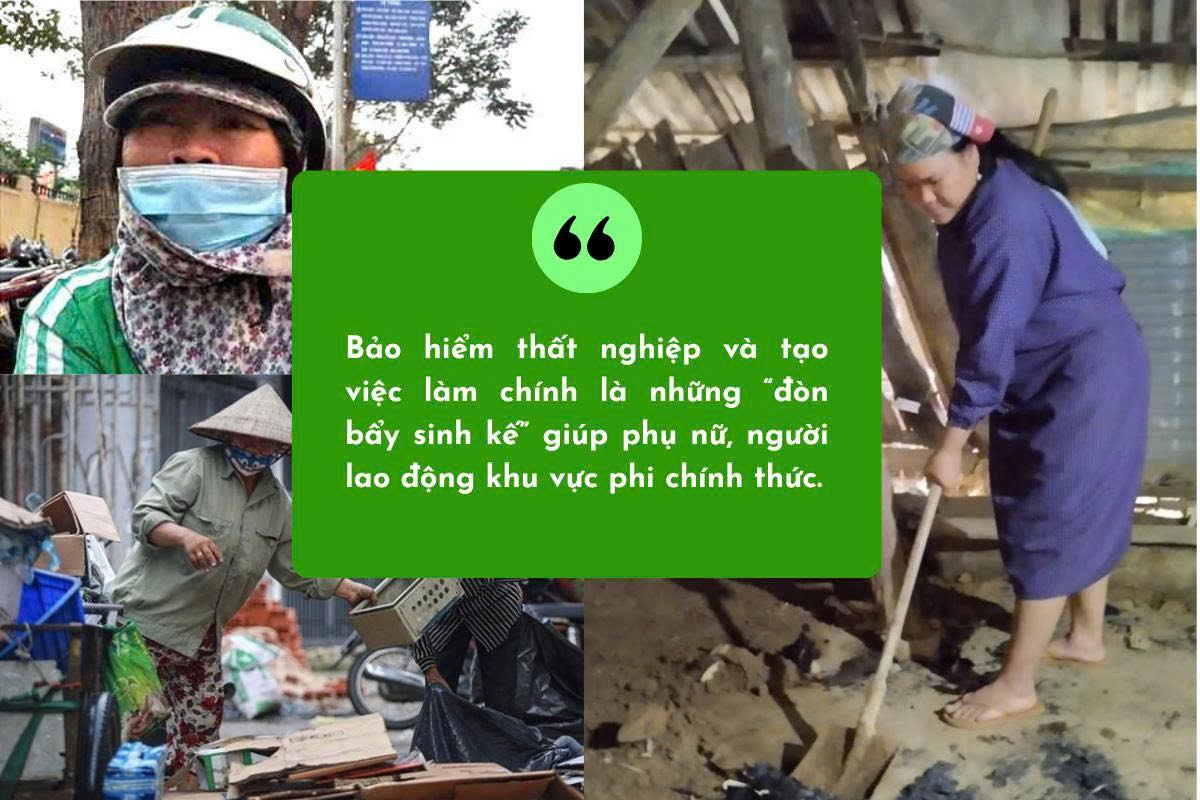
Unemployment insurance is a social security policy that helps workers not fall into the spiral of poverty when they lose their jobs. But more importantly, we must expand the scope of participation.
We need a mechanism to "support 3 parties" - the State, workers and businesses - to share responsibilities. For the group of female freelance workers, lower, more flexible contribution levels can be applied, linked to actual income.
In addition, policies on connection, support, and job creation need to be promoted, especially after natural disasters and epidemics. Along with that are policies on promoting vocational training, meeting social needs, and linking vocational training with employment. Focus on socializing vocational training, encouraging businesses to participate in vocational training. Support for livelihoods is a long-term "fishing rod" for freelance workers, especially female workers.
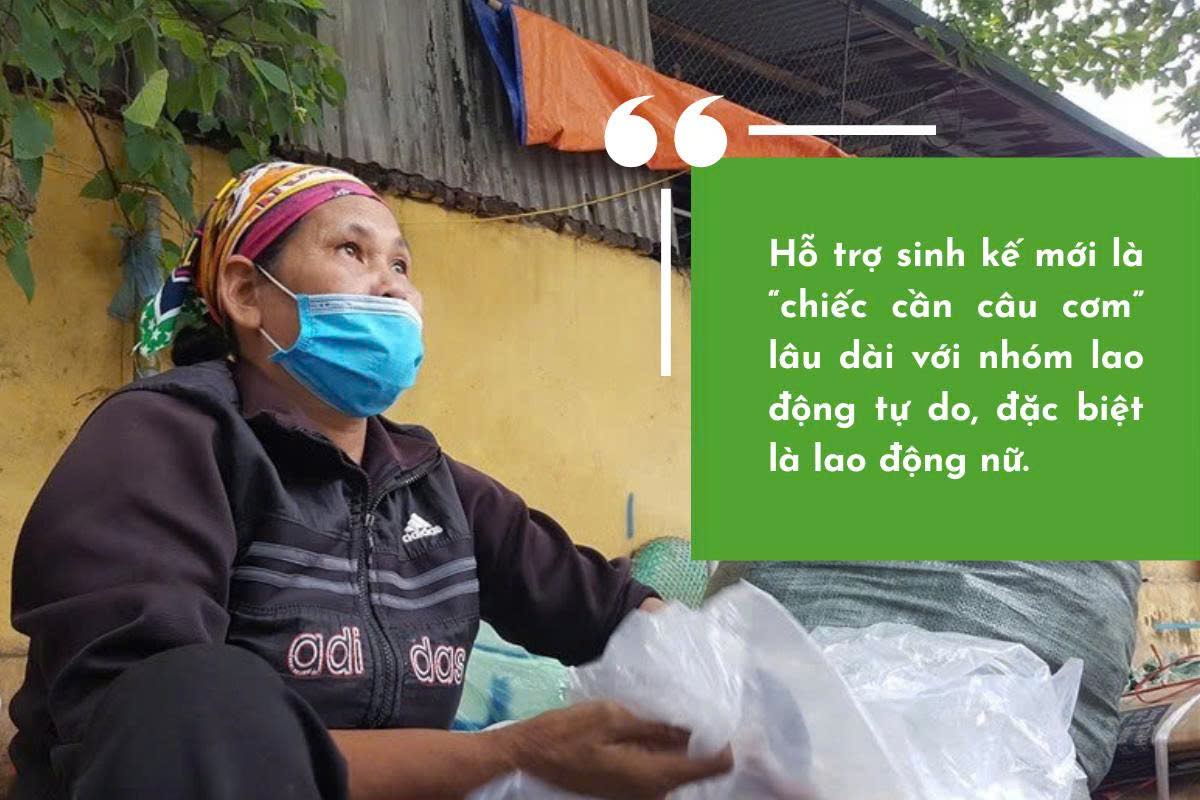
Sir, to "pull back" the social security space for the group of women in freelance work, especially when natural disasters and incidents occur, what is the most fundamental solution?
- Mr. Ta Van Ha: I think it is necessary to consider this as a systematic task, not just a short-term relief or support.
First, there must be an emergency response mechanism specifically for disadvantaged workers after natural disasters, with flexible funds, timely support with money, materials and livelihoods.
Second, vocational training and livelihood transformation to adapt to climate change must be considered a long-term strategy.
Third, strengthen communication and education on social security so that workers understand that participating in insurance, vocational training, and risk prevention are essential benefits.
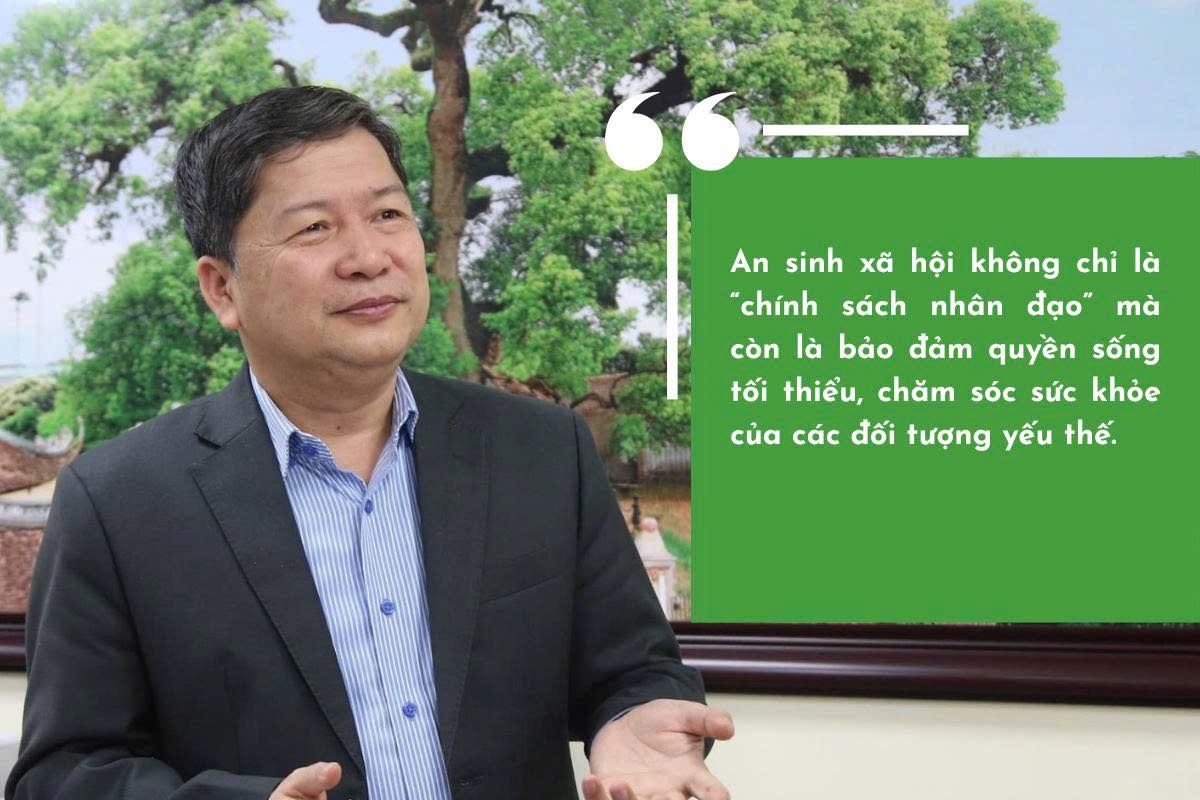
Finally, I would like to say that social security is not only a "hanistic policy" but also a guarantee of the minimum right to life and health care for these vulnerable groups. Therefore, creating social security fulcrum for disadvantaged working groups is very important, helping them overcome natural disasters and epidemics.
The State, businesses and society need to join hands so that they can not only "be saved in floods", but also live safely and have sustainable livelihoods after the flood.
Thank you to Vice Chairman of the Committee for Culture and Society Ta Van Ha!


